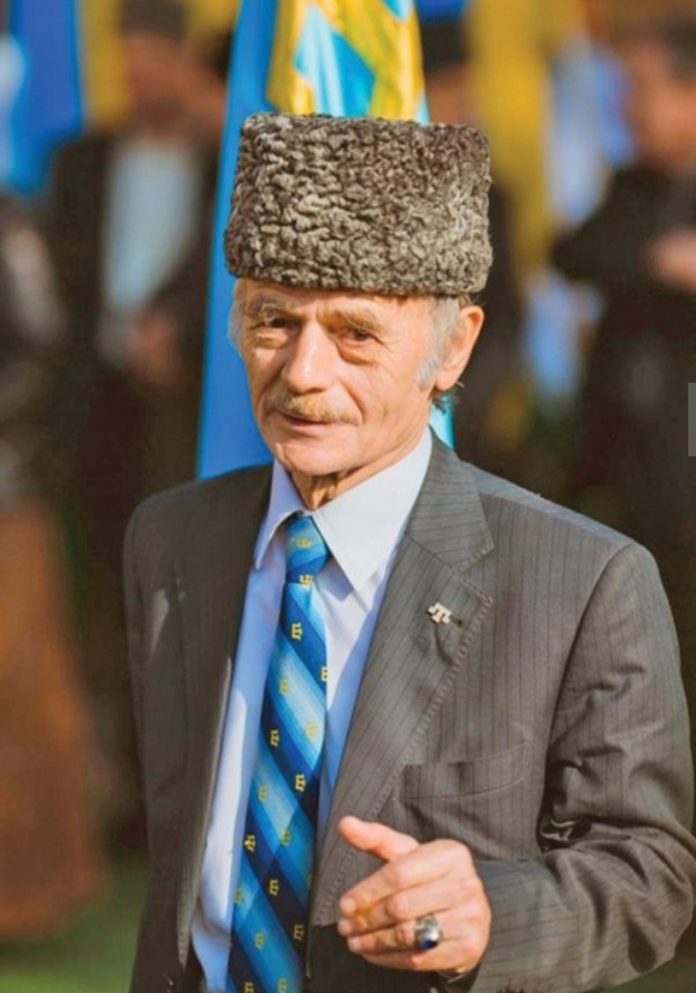In Crimea itself, the annexation was popular, especially among Crimea’s large population of older ethnic Russians. More than five years later, and billions of rubles of investment later, it remains popular. Here’s what we found from surveys in December 2014 and December 2019.

The conditions under which the March 2014 referendum in Crimea was conducted were far from ideal. Yet, most observers acknowledge that the majority, though certainly not all, of Crimeans supported the peninsula joining Russia (Russia’s government bans use of the word “annexation” to describe these events).
Numerous polls supported this conclusion. In December 2014, the Levada Center, Russia’s most reliable polling company, conducted a survey for us in Crimea that affirmed these findings. Our analysis of these survey results used the term “Crimea conundrum” to describe the disjuncture between the legitimacy of Crimea’s new status to most of its residents and its illegitimacy within the international community.


In 2020, after an estimated $20 billion in investment from Moscow and alignment with Russian infrastructure, have attitudes toward the annexation changed? The answer is no. Crimea’s three largest ethnic groups are, by and in large, happy with the direction of events on the peninsula.

The December 2019 representative survey, also conducted by Levada, repeated many questions that were asked five years earlier. Thus, it was asked again about support for the annexation (going with the word “joining Russia” — as a more neutral term) and how much people trusted specific political leaders.
Here is the report: Support for joining Russia remains very high (86 percent in 2014 and 82 percent in 2019) — and is especially high among ethnic Russians and Ukrainians. A key change since 2014 has been a significant increase in support by Tatars, a Turkic Muslim population that makes up about 12 percent of the Crimean population. In 2014, only 39 percent of this group viewed joining Russia as a positive move, but this figure rose to 58 percent.
With the studies that took place, the conclusion that Crimeans are happy to be part of Russia can be drawn.












